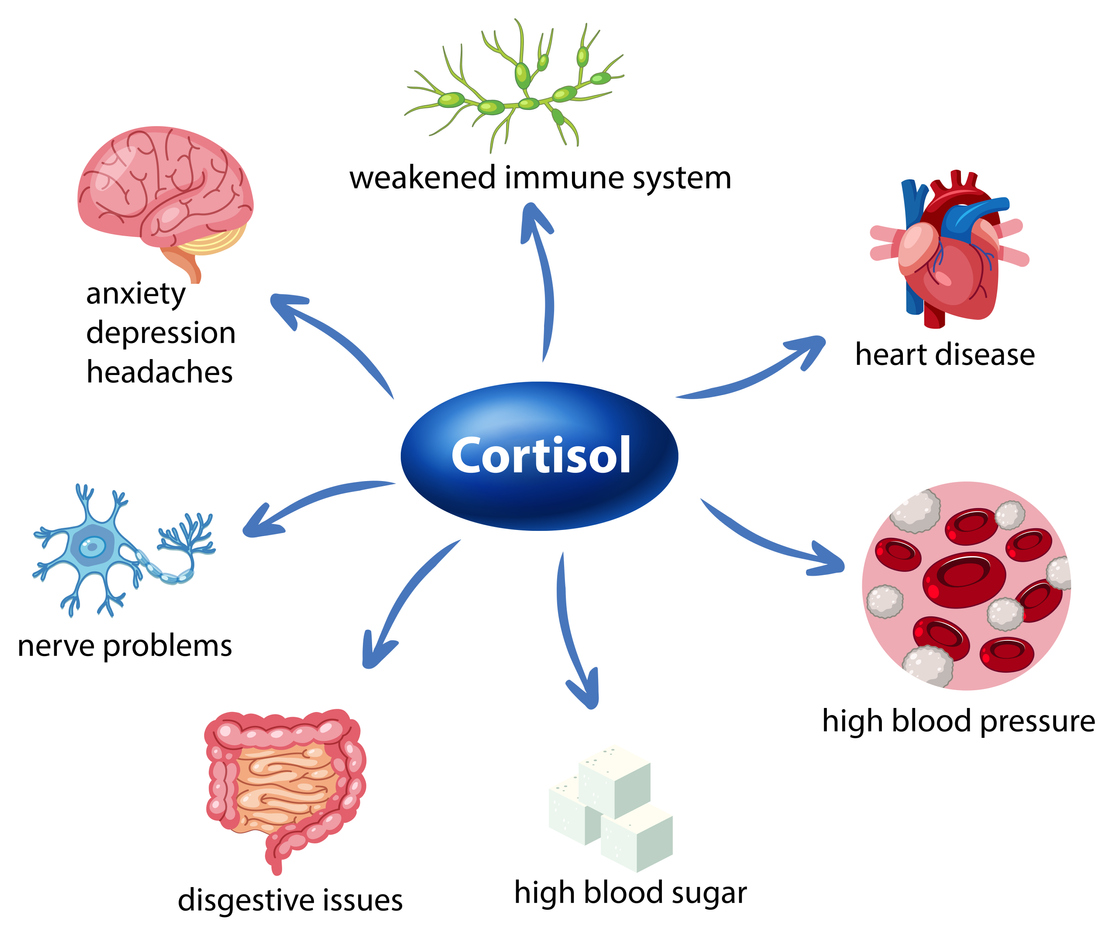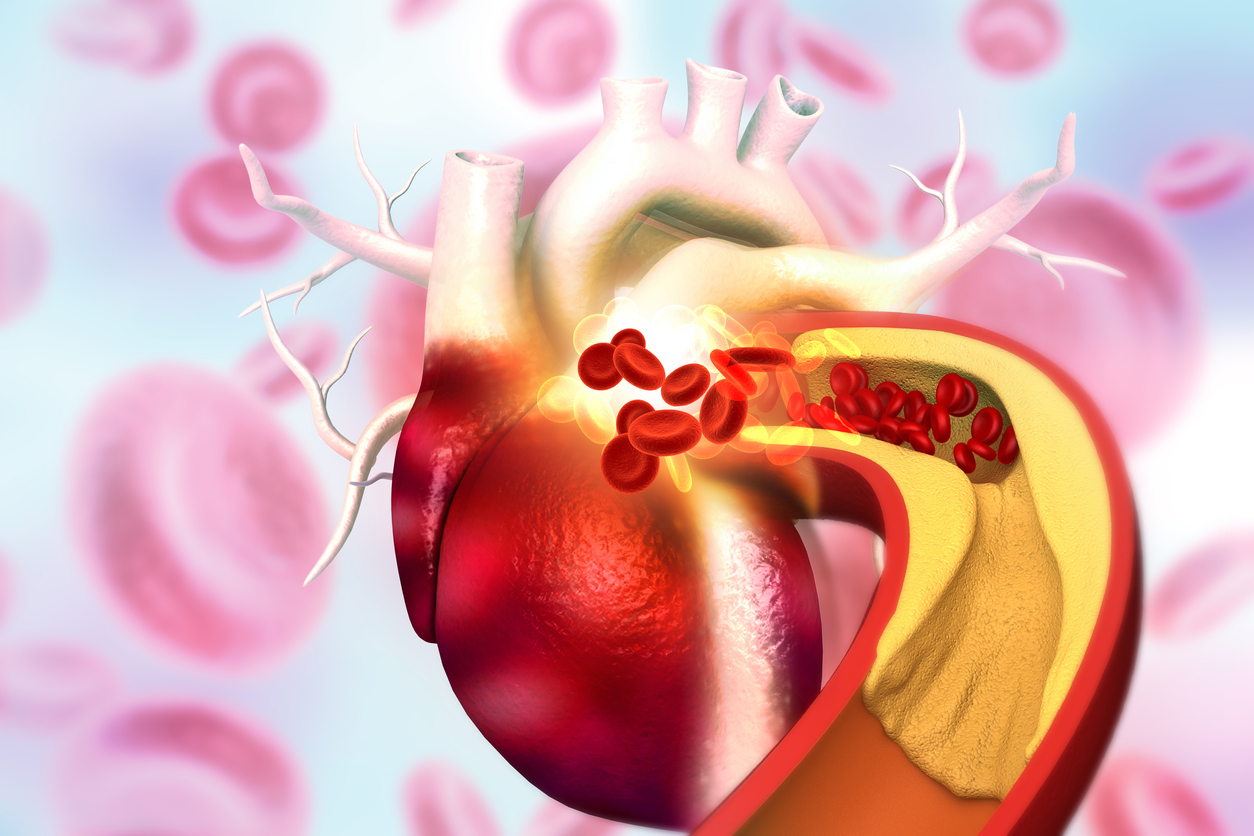Cortisol is a hormone that is produced by the adrenal gland and released in response to stress. It has a number of effects on the body, including regulating blood sugar levels, suppressing the immune system, and regulating blood pressure and metabolism.
Cortisol levels are usually high in the morning, but they decrease as the day progresses.
Things to follow to balance cortisol levels naturally:
Exercise Regularly
If you want to balance cortisol levels naturally, exercise regularly. This will help you release endorphins, which are chemicals that make you happy. Endorphins also help relieve pain and anxiety.
You can use a stress ball or a tennis ball to get rid of the stress in your life. You can squeeze it for about five minutes at a time. Squeezing a stress ball helps you relax by releasing serotonin into your brain. When you feel stressed out, try taking a walk outside. If you’re indoors, go for a brisk 30-minute walk.
Exercise also helps with mood and sleep regulation, which can help prevent undue stress from building up in the body. Endorphins and serotonin are neurochemicals that help to regulate stress hormones such as cortisol. These are released when a person exercises and is able to regulate the cortisol. The other neurochemical called serotonin helps to maintain sleep and mood regulation, which can also help prevent undue stress from building up in the body.
Eat Healthy Foods
You should eat healthy foods to balance cortisol levels in your blood. Cortisol levels can be balanced naturally by changing diet or lifestyle habits. Try eating more fruits and vegetables, whole grains, lean proteins, and low-fat dairy products.
Foods that are high in protein, magnesium, and calcium are some of the best to balance cortisol levels.
The low-protein diet includes meat ingredients like beef jerky. Mushrooms also provide a good amount of protein too.
- Foods that can help balance cortisol levels include:
- Dark chocolate
- Whole fruits and vegetables
- Water – At least 80z/day
- High-protein foods like eggs, beef, pork and chicken
- Magnesium-rich foods: Nuts seeds and leafy greens
- Calcium-rich foods such as dairy products like milk and yoghurt as well as fish like salmon or cod.
- Pro/prebiotic foods such as yoghurt (even dairy-free), kimchi, and kombucha
- Whole grains (brown rice, quinoa, farro, 100% whole wheat bread and pasta)
Sleep Well
If you’re feeling stressed, try taking some deep breaths and relaxing. This will help lower your stress hormones and balance cortisol levels. Also, make sure you get enough sleep each night. Lack of sleep can cause your body to produce too much cortisol and lead to chronic stress which can further result in a variety of health problems.
If you are having trouble sleeping, try going to bed earlier. If that doesn’t work, consider taking a hot bath before bedtime.
It is important that you take care of yourself when you are going through a divorce or separation. If you don’t, it could lead to depression. You should also be careful about how much alcohol you consume. Alcohol consumption can increase the risk of heart disease, increased cortisol levels, and other health problems.
Manage Stress
Try to take at least 30 minutes every day to relax to balance cortisol levels. You can do this by meditating, listening to music, reading, or doing yoga. It’s also helpful to spend time with friends and family who support you. If you have a stressful job or are constantly worried about money, try to find ways to relax. Take time for yourself every day by doing something that makes you happy.
Don’t let stress get the best of you. If you feel stressed out, take some deep breaths and think about what is causing it. You can also talk with someone who will help you deal with your stress. If you have a family history of mental illness or bipolar disorder, you may want to talk with your doctor about taking medication for these conditions. Your doctor will help you decide if this is right for you.
You can use some strategies to manage stress in your life. For example, try not to worry too much about things that are out of your control. Also, make sure you get
enough sleep and exercise regularly. If you have a stressful job or relationship, talk with someone who is close to you. You may also want to consider seeing a counsellor if you feel like you need help dealing with the stress in your life.
You may want to talk to your doctor about medication options if you have been diagnosed with depression. Your doctor will be able to help you decide which medications would be best for you.
Practice Mindfulness
If you’re feeling stressed, try to practice mindfulness. This means being aware of what’s happening right now without judging yourself or others. Instead, focus on the present moment. Make a list of all your worries and fears. Then write down three things that are most important to you in life. Write down five things you can do today to make your life better.
Think about how you would feel if someone else did these things for you. How would it change your mood? If you are feeling stressed out, try to find a way to relax. Meditation or yoga are great ways to relieve stress and balance cortisol levels naturally. It may be helpful to have a friend or family member that you can call on for support when you need it.
You should always keep in mind that there are many different types of stressors in life. Some people are more prone to certain
Supplements to balance cortisol levels
Cortisol balance supplements are becoming popular among people who want to manage their stress levels. These supplements can be found in different forms such as pills, creams, or sprays.
Some people take cortisol reduction supplements to help them sleep better at night while others use them for weight loss purposes. Some of the natural ones include:
- Ashwagandha
- Omega-3 Fatty Acids
- Prebiotics and Probiotics
- Cordyceps Sinensis
- Phosphatidylserine
- L-Theanine
How do I know if my cortisol is high?
Elevated cortisol can trigger a few of the hallmark signs of Cushing syndrome — a fatty hump between the shoulders, a rounded face, and pink or purple stretch marks on your skin.
A blood draw or a 24-hour saliva test are both commonly used to measure cortisol levels in the body. However, there may be some drawbacks worth knowing about. Also, If you have been experiencing:
- Unexpected weight gain especially around the stomach, upper back and face
- Insomnia
- Moodiness
- Thinning hair
- Lethargy
- Increased blood pressure
- Sensitivity to lights and noise
- Jumpiness or hypervigilance
- Light-headedness or temporary loss of vision (“blacking out”) during sitting or lying to standing vertical
- High stress or anxiety levels
- Increased inflammation (this can look like acne, illness, physical injury, strenuous exercise, etc)
There are many reasons why a person might want to check their cortisol levels. A cortisol blood test is often done to diagnose Cushing’s syndrome or to see if the adrenal glands are over-producing cortisol.
A person might also want to get a cortisol blood test if they have symptoms of depression, anxiety, or post-traumatic stress disorder. The saliva test is also less expensive than the blood test and can be done at home. However, it does not provide as much information about the body’s response to stress as the blood test does.
While there are many reasons for getting a cortisol blood test, it is important to remember that there may be other health conditions that can cause similar symptoms as those listed above.





Some times its a pain in the ass to read what website owners wrote but this web site is very user pleasant! .